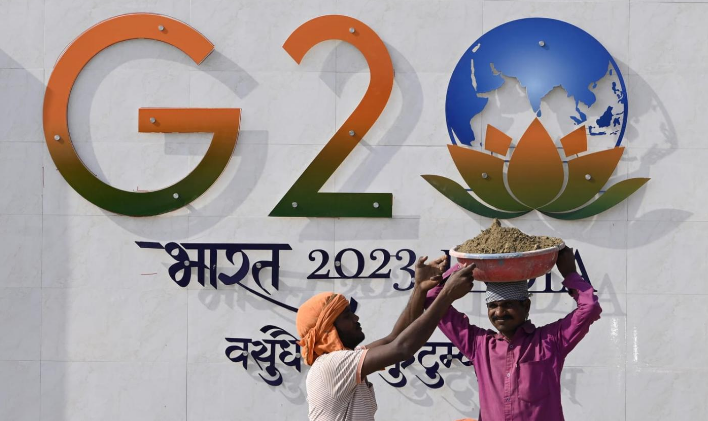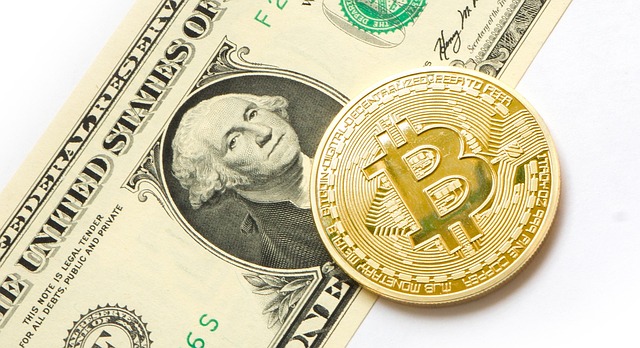Global crypto governance, despite India’s nine-month presidency within the Group of 20 (G20), has shown limited progress, according to Subhash Chandra Garg, India’s former finance secretary.
India took on its G20 presidency in December 2022 and is set to hand over the leadership to Brazil in November this year.
Throughout this period, Indian officials, including the finance minister and prime minister, have consistently advocated for the establishment of a common global regulatory framework for cryptocurrencies and decentralized digital assets.
However, Garg told Hong Kong blockchain news publication Forkast that the situation remains largely unchanged since India assumed the G20 presidency.
India’s Persistent Push For Crypto Progress
While Garg expressed disappointment, India’s current finance minister, Nirmala Sitharaman, provided a more optimistic perspective. She acknowledged that discussions are indeed in progress to establish a global framework for regulating crypto assets.
Sitharaman emphasized the need for international cooperation in effectively regulating cryptocurrencies, Indian news channel Wion reported.
“India’s (G20) presidency has put on the table key issues related to regulating or understanding that there should be a framework for handling issues related to crypto assets,” she said.
The G20 discussions are significant, as India has traditionally approached digital assets with caution. The Indian cryptocurrency and blockchain industry had hoped that the world’s largest democracy would take the opportunity during its G20 presidency to work collaboratively with other nations to develop clearer regulations for this emerging asset class.
Garg’s outlook for India’s digital assets regulatory roadmap appears bleak, particularly as the country’s G20 presidency nears its conclusion. New Delhi has been diligently preparing for the upcoming G20 Summit, investing time and effort into training personnel who will be deployed during the event.
The G20 Summit: A Crucial Stage
Scheduled to run two days starting on September 9, the G20 Summit will convene leaders and delegates from 40 countries, including the 20 member states.
As India prepares to pass the G20 presidency to Brazil, the question remains whether the world’s largest democracy can drive substantial progress in global cryptocurrency governance, leaving stakeholders in the Indian digital currency and blockchain industry eager for clearer regulatory guidelines.
Global governance has become a critical issue on the international stage, and India’s role as the G20 presidency has put the country in the spotlight. While some express disappointment in the perceived lack of progress, others remain cautiously optimistic about ongoing discussions.
As the G20 Summit approaches, the world watches to see if India can lead the way in establishing a global framework for cryptocurrency regulation or if the status quo will persist, leaving the future of digital assets in a state of uncertainty.
Featured image from Deepak Gupta/Hindustan Times via Getty Images











